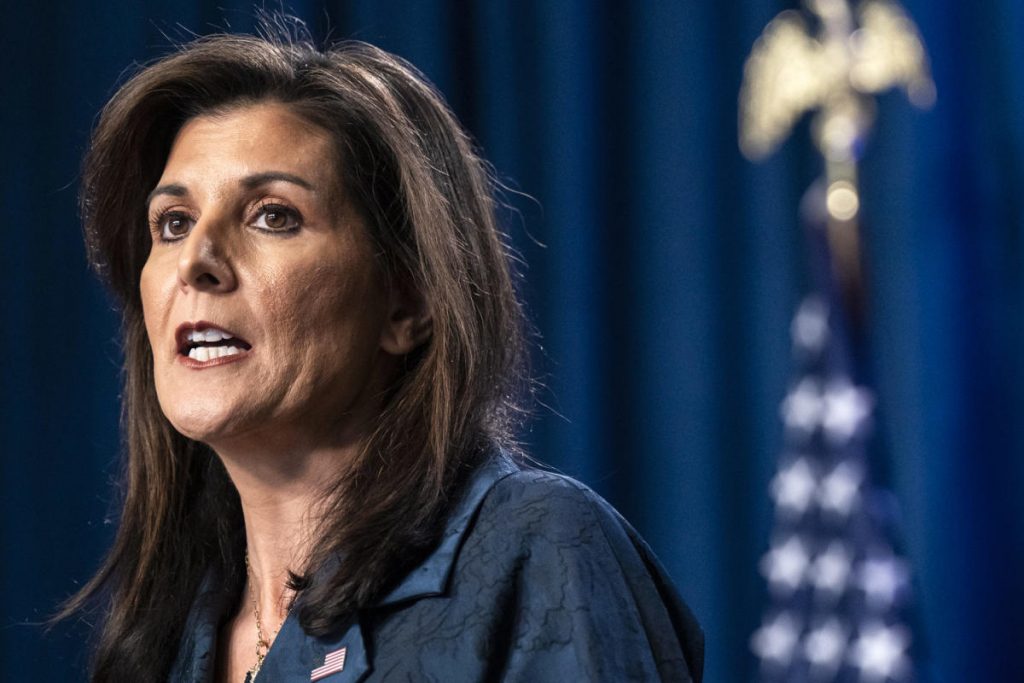Former United Nations Ambassador Nikki Haley has weighed in on a recent Alabama Supreme Court ruling, asserting that frozen embryos created through in vitro fertilization (IVF) should be considered “babies.” Haley’s stance aligns with the court’s decision, which legally categorized frozen embryos as children, sparking debates about the implications for fertility treatments in the state.
The Alabama Supreme Court’s ruling, issued last week, has significant ramifications for the field of reproductive medicine, raising questions about the legal status of embryos and the rights of individuals undergoing IVF procedures. Haley’s comments further underscore the complex ethical and legal considerations surrounding assisted reproductive technologies.
In her statement to NBC News, Haley emphasized her personal belief that embryos constitute life, equating them with babies. While acknowledging the distinction between artificial insemination, which she utilized to conceive her son, and IVF, Haley reiterated her conviction that embryos should be afforded the same recognition and protection as born infants.
The former ambassador’s remarks add a prominent voice to the ongoing discourse surrounding reproductive rights and abortion policy. Haley’s advocacy for a “national consensus” on abortion reflects a nuanced approach within the Republican Party, diverging from some of her conservative counterparts who advocate for stricter anti-abortion measures.
The potential impact of the Alabama Supreme Court’s ruling extends beyond state borders, prompting discussions about the regulation of IVF and the rights of individuals seeking fertility treatments nationwide. Haley emphasized the importance of sensitivity and informed decision-making for individuals and couples navigating fertility options, stressing the need for respectful dialogue and consideration of diverse perspectives.
In response to the legal uncertainty generated by the court’s decision, the University of Alabama at Birmingham announced a temporary pause on IVF treatments. This development underscores the profound implications of judicial rulings on medical practices and underscores the need for clarity and consensus in the evolving landscape of reproductive law.
As debates surrounding IVF, embryo rights, and abortion continue to unfold, Haley’s remarks contribute to a broader conversation about the intersection of science, ethics, and law in matters of reproductive health and family planning. The complex issues at stake require thoughtful deliberation and a commitment to safeguarding the rights and well-being of all individuals involved in the process of assisted reproduction.
